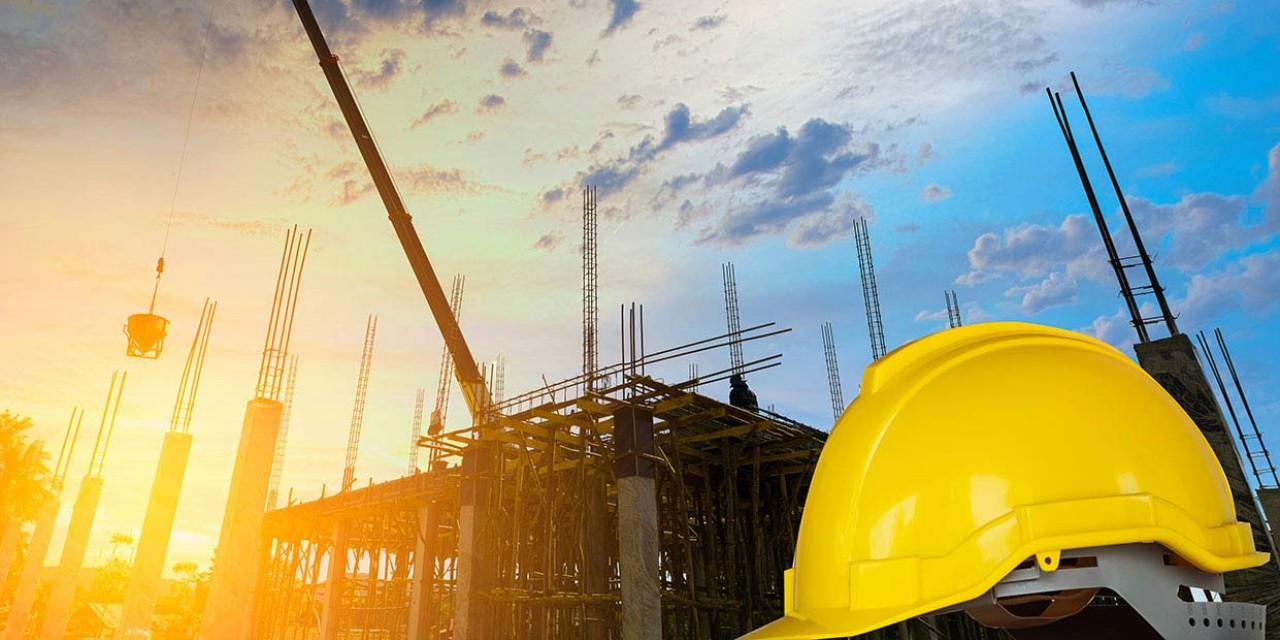

Recent New Jersey Federal Court Decision Redefines Duties of General Contractors in Construction Injury Cases

A recent unpublished decision from the U.S. District Court for the District of New Jersey provides welcome news for general contractors and real estate developers operating in New Jersey. The case, Taveras v. Advance at Hoboken, LLC, involves the liability and potential exposure of general contractors in construction accident cases. 2022 U.S. Dist. LEXIS 204893, *1, 2022 WL 16856944 (D.N.J. November 10, 2022).
Relying on the scope and manner of a general contractor’s control at a construction site, the Taveras decision provides general contractors and property owners/developers the legal backing to seek dismissal from construction site personal injury cases in New Jersey – as well as an avenue for limiting their related liability.
Overview
In Taveras, the plaintiff fell from a scaffold while working at a construction site, sustaining injuries. Id. Legacy 7 was the general contractor at the Hoboken project and retained SSA as a subcontractor to perform carpentry, drywall, window installation, and other work. The plaintiff was an employee of SSA.
The District Court ultimately granted Legacy 7’s motion for summary judgment on the basis that it was not responsible for the manner and means of SSA’s performance, nor did its employees supervise or provide any supplies to SSA. Taveras v. Advance at Hoboken, LLC, 2023 U.S. Dist. LEXIS 16710, *12, 2023 WL 1470056 (D.N.J. January 31, 2023). The Court found that while Legacy 7 “ensured overall safety at the construction site, the subcontractors were responsible for ensuring the safety of their own employees.” Taveras, 2022 U.S. Dist. LEXIS 204893, at *9. In fact, although evidence supported that Legacy 7 was responsible for overall coordination and construction, and had personnel on site, the plaintiff testified in his deposition that he always received his work instruction from SSA employees, including on the day of his accident. Id. This was enough for Legacy 7 to prevail on summary judgment with the District Court finding that Legacy 7 owed no duty of care to the Plaintiff when applying New Jersey law.
This decision was not the first in New Jersey to limit contractor liability exposure. Historically, New Jersey courts have refused to assign liability to general contractors that do not exercise control over the manner and means of the subcontractor’s performance. See Majestic Realty Associates, Inc. v. Toti Contracting Co., 30 N.J. 425, 430, 431 (1959) (holding that entities who engage independent contractors are generally not liable for the negligent acts of the contractor unless the entity controls “the manner and means of the doing of the work which is the subject of the contract”); Wolczak v. Nat'l Elec. Prods. Corp., 66 N.J. Super. 64, 71 (App. Div. 1961) ("[a]bsent control over the job location or direction of the manner in which the delegated tasks are carried out, the general contractor is not liable for injuries to employees of the subcontractor resulting from either the condition of the premises or the manner in which the work is performed”).
Other cases have also applied the “manner and means” approach. See Lopez v. Honeywell Int’l, Inc., 2014 U.S. Dist. LEXIS 95000, *1, 2014 WL 3500326 (finding that the general contractor owed a duty to the plaintiff where the contractor had the discretion to “control any unsafe condition or work environment”); Tarabokia v. Structure Tone, 429 N.J. Super. 103, 105 (App. Div. 2012) (holding that the general contractor did not owe a duty to the plaintiff despite exercising general safety oversight because none of its representatives ever discussed with the plaintiff’s employees how to do their work).
Key Takeaways
Considering the above, a general contractor’s prospective success on summary judgment comes down to the scope and manner of their control at the construction site. Logically, the District Court’s reasoning in Taveras is sound. After all, why should a contractor owe a duty of care to an employee of a subcontractor when it took no part in the means of that contractor’s performance and direction of the employee’s work? The potential exists that a similar “no duty” defense may extend to owners and developers of construction developments. Developers are regularly sued following construction site accidents despite exercising little or no control over the means of construction progress, or the means and methods of onsite contractors. Taveras supports the dismissal of owners and developers in construction site personal injury cases.
An active construction site is one that requires vigilance to protect those on site. The ramifications of the Taveras decision are interesting but should not be a motivation to do less. A general contractor very often makes every effort to provide a safe workplace for everyone onsite by maintaining safety policies, hiring reputable subcontractors, and providing pre-job safety orientations to those working on the project. While the general contractor should continue this work, by requiring subcontractors to maintain a site-specific safety plan and relying on the subcontractors’ ability to implement the means and methods of the work, the general contractor can also rely on the Taveras ruling when sued in limiting liability.
Disclaimer: This post does not offer specific legal advice, nor does it create an attorney-client relationship. You should not reach any legal conclusions based on the information contained in this post without first seeking the advice of counsel.


